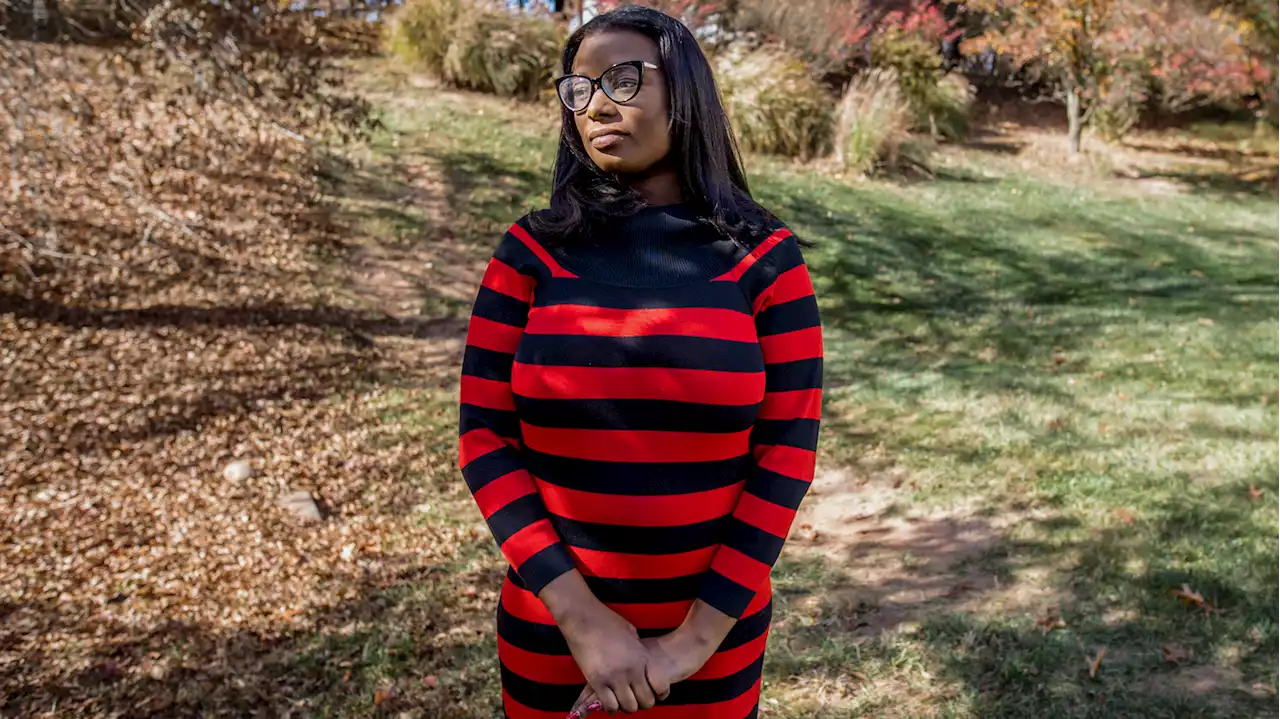The disease, which predominantly affects patients of color, can damage the body in ways that can make it difficult to have a child. But patients don't always have access to fertility care.
Su says these laws are usually very vague in terms of who qualifies:"If you give insurers room to interpret, it's possible that they can be very broad, or they can be very narrow."
Phillip Sanders of Arkansas was a sophomore in college when his sickle cell disease complications ramped up.Not long after, he married his college sweetheart. They wanted to have children, but were unable to get pregnant. A doctor then told them their best bet was to undergo Like Woolford, Sanders enrolled in a clinical trial for a bone marrow transplant, and it was a success.Teonna Woolford for her part, has had to focus on other goals. After her transplant failed, the ongoing toll of the disease on her body continued. She has had to come to terms with the impossibility of her ever having a biological child of her own., to raise awareness of fertility issues at medical conferences and among patients.
